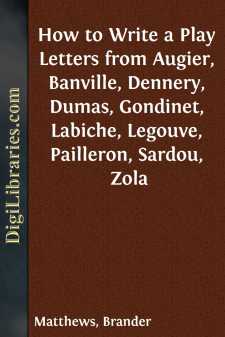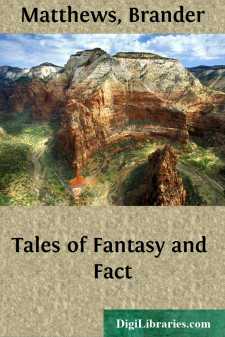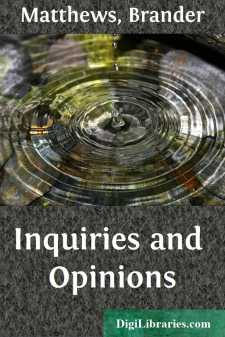Categories
- Antiques & Collectibles 13
- Architecture 36
- Art 48
- Bibles 22
- Biography & Autobiography 813
- Body, Mind & Spirit 142
- Business & Economics 28
- Children's Books 14
- Children's Fiction 11
- Computers 4
- Cooking 94
- Crafts & Hobbies 4
- Drama 346
- Education 46
- Family & Relationships 57
- Fiction 11828
- Games 19
- Gardening 17
- Health & Fitness 34
- History 1377
- House & Home 1
- Humor 147
- Juvenile Fiction 1873
- Juvenile Nonfiction 202
- Language Arts & Disciplines 88
- Law 16
- Literary Collections 686
- Literary Criticism 179
- Mathematics 13
- Medical 41
- Music 40
- Nature 179
- Non-Classifiable 1768
- Performing Arts 7
- Periodicals 1453
- Philosophy 64
- Photography 2
- Poetry 896
- Political Science 203
- Psychology 42
- Reference 154
- Religion 513
- Science 126
- Self-Help 84
- Social Science 81
- Sports & Recreation 34
- Study Aids 3
- Technology & Engineering 59
- Transportation 23
- Travel 463
- True Crime 29
How to Write a Play Letters from Augier, Banville, Dennery, Dumas, Gondinet, Labiche, Legouve, Pailleron, Sardou, Zola
by: Brander Matthews
Categories:
Description:
Excerpt
INTRODUCTION
The impression has always prevailed with me that one who might properly be classed as a genius is not precisely the person best fitted to expound rules and methods for the carrying on of his particular branch of endeavor. I have rather avoided looking the matter up for fear it might not turn out to be so after all. But doesn't it sound as if it ought to be? And isn't a superficial glance about rather confirmatory? We do not—so far as I know—find that Shakspere or Milton or Tennyson or Whitman ever gave out rules and regulations for the writing of poetry; that Michael Angelo or Raphael was addicted to formulating instructive matter as to the accomplishment of paintings and frescoes; that Thackeray or Dickens or Meredith or George Sand were known to have answered inquiries as to 'How to write a Novel'; or that Beethoven or Wagner or Chopin or Mendelsohn paused in the midst of their careers in order to tell newspaper men what they considered the true method of composing music. These fortunate people—as well as others of their time—could so easily be silent and thus avoid disclosing the fact that they could not—for the lives of them—tell about these things; but in our unhappy day even geniuses are prodded and teased and tortured into speech. In this case we may be more than grateful that they are, for the result is most delightful reading—even tho it falls a trifle short of its purpose as indicated by the rather far-reaching title.
There are no workable rules for play-writing to be found here—nor, indeed, any particular light of any kind on the subject, so the letters may be approacht with a mind arranged for enjoyment. I would be sorry indeed for the trying-to-be dramatist who flew to this volume for consolation and guidance. I'm sorry for him any way, but this additional catastrophe would accelerate my sympathy, making it fast and furious. Any one sufficiently inexperienced to consult books in order to find out how to write a play will certainly undergo a severe touch of confusion in this case, for four of the letter-writers confess quite frankly that they do not know—two of these thereupon proceeding to tell us, thus forcibly illustrating their first statement. One author exclaims, "Have instinct!"—another, "Have genius!" Where these two necessaries are to be obtained is not revealed. Equally discouraging is the Dumas declaration that "Some from birth know how to write a play and the others do not and never will." That would have killed off a lot of us—if we had seen it in time.
One approaches the practical when he counsels us to "Take an interesting theme." Certainly a workable proposition. Many dramatists have done that—wherever they could find it. The method is not altogether modern. Two insist upon the necessity of a carefully considered plan, while two others announce that it is a matter of no consequence what one does; and another still wants us to be sure and begin work at the end instead of the beginning. Gondinet—most delightful of all—tells us that his method of working is simply atrocious, for all he asks when he contemplates writing a play is whether the subject will be amusing to him....





